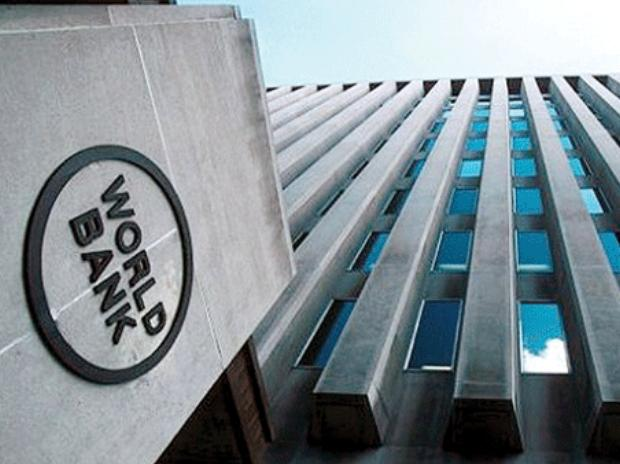
UNEP, partners launch pilot project to build flood-resilient homes in Bangladesh
The United Nations Environment Program (UNEP) and several partners launched a pilot project to build ...

The World Bank (WB) decided to extend $48 million to support Uganda in the face of the locust invasion which threatens regional food security and livelihoods of millions of Ugandans.
Locusts have infested 24 districts in 6 sub-regions of Uganda, including Acholi, Karamoja, Lango, Sebei, Teso and Bugisu, since arriving from western Kenya on February 9.
An assessment carried out by the Food and Agriculture Organization and the World Food Program in Karamoja and Teso shows it would cost between $12 million and $42 million to safeguard and restore livelihoods if surveillance and locust management measures are lacking or ineffective.
An estimated 291,000 people are already considered severely food insecure in the two regions, and another 1.32 million people could be at risk.
The Emergency Locust Response Program will help Uganda monitor and manage locust swarms to limit the growth of existing and new desert locust populations.
It will also provide livelihood protection and restoration to affected households, communities and vulnerable groups; and improve coordination and early warning preparedness at the regional and national levels to strengthen national capacities for surveillance, response and preparedness to prevent future infestations.
The project is expected to support 950,000 direct beneficiaries and about 1,200,000 indirect beneficiaries in the locust-affected districts. Priority will be given to women and youth, with at least 50 percent of household representatives expected to be women.
Immediate locust crisis response support was availed through an allocation of $1 million from the Agriculture Cluster Development Project, also financed by the World Bank to address gaps in locust management measures undertaken by the government.
“The locust invasion could coincide with the start of the planting season, which will likely affect the main staple crop production and the regeneration of grasslands for livestock feeds. These resources are timely to support affected households cope, and to strengthen Government’s response efforts,” said Tony Thompson, Country Manager, World Bank.
The United Nations Environment Program (UNEP) and several partners launched a pilot project to build ...
The European Investment Bank (EIB) is lending €200 million to Sweden-based Electrolux Group, a leading ...
The Global Environment Facility (GEF) has just approved $204.3 million for the United Nations Development ...


اترك تعليقا